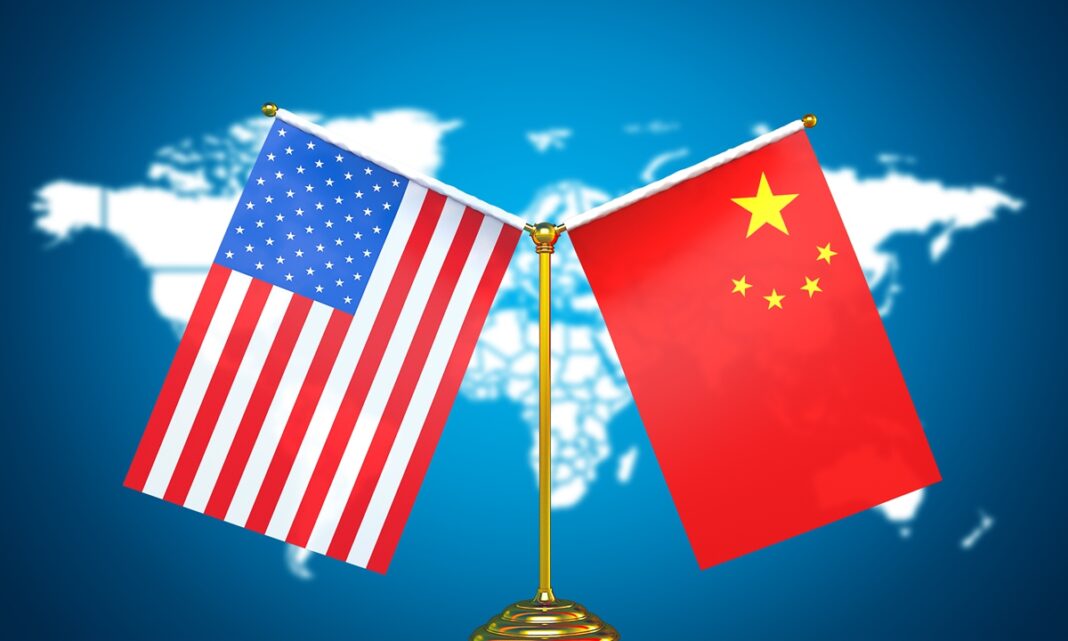The recent air intercept by China over the South China Sea and maritime intercept across the Taiwan straits of American aircraft and vessels are a part of the People’s Liberation Army’s “increasing level of aggressiveness” and it won’t be long before someone gets hurt, the White House has warned.
The recent air intercept by China over the South China Sea and maritime intercept across the Taiwan straits of American aircraft and vessels are a part of the People’s Liberation Army’s “increasing level of aggressiveness” and it won’t be long before someone gets hurt, the White House has warned.
But it has also said that if the Chinese were sending a signal of displeasure at the presence of the United States in the region, it won’t succeed. “If the message that they are trying to send is that we are not welcome or our presence needs to be diminished, or they want us to stop flying and sailing and operating in support of international law: not going to happen,” said John Kirby, the coordinator for strategic communication at the National Security Council during a regular press briefing at the White House on Monday.
Kirby was responding to questions about two recent incidents that have escalated tensions in the Indo-Pacific.
He said, on the air intercept, that China forced an American aircraft — an RC-135 — to basically go through their jet wash. “You saw the bump in the cockpit. That shows you how close that Chinese fighter was to our jet.”
On the maritime intercept, Kirby said the Chinese vessel came just 150 yards away. “Speaking as an old sailor myself, I will tell you, that’s pretty close when you are in open waters like that. And you can see the head of steam that Chinese vessel had on it as it crossed the bow of one of our destroyers. It’s unsafe. It’s unprofessional.”
Claiming the US was acting in accordance with international law, and warning that such intercepts can lead to misunderstandings and miscalculations, Kirby however made it clear it won’t change the US’s posture in the region.
“We are going to keep flying, we are going to keep sailing, we are going to keep operating where international law allows us to. It’s an important concept, freedom of navigation — whether it’s in the air or on the sea. It’s an important concept that the United States is going to continue to stand up for.”
Kirby said that the US was a Pacific power, it had “serious commitments” in that part of the world, five of the US’s seven treaty alliances are in the Indo-Pacific; the vast majority of international economic trade moved through the Indo-Pacific.
“We have got real needs there, and we are going to stay there. And we are going to continue to strengthen and revitalize those alliances and partnerships.”
The military tensions have intensified even as the US is seeking hard to restore high level engagement at all levels with China to institute guardrails in the adversarial relationship. A senior State Department and NSC official are in Beijing. Central Intelligence Agency chief Bill Burns paid a secret visit to China last month. National security advisor Jake Sullivan met senior Chinese Communist Party foreign policy figure Wang Yi in Vienna for over eight hours last month.
However, Chinese defence minister, Li Shangfu, refused to meet US defence secretary Lloyd Austin on the sidelines of the Shangri-la dialogue in Singapore last week. And US officials have expressed concern at the absence of military to military communication.
Kirby said, “Secretary Austin has, for his own part, tried to get those military-to-military lines back open for himself. And we have been unsuccessful. And that’s unfortunate, particularly because while we spent the first 10 minutes in this press conference talking about these two dangerous, unsafe, unprofessional intercepts. It’s exactly because of that you want to be able to have open lines of communication in the military channel.”

